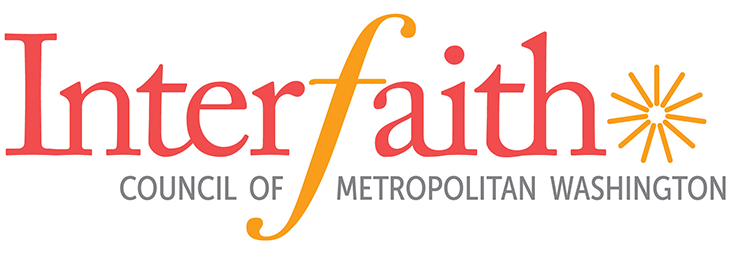The following is a letter from IFC Fellow Jeremy Cannon, who recently moved to an Episcopal Benedictine monastery in the Hudson Valley of New York. It is a response to the following message from his friend Jimmy, a parishioner at the Roman Catholic Cathedral of St. Matthew the Apostle in Washington, DC:
“Hey Jeremy! How is monastic life so far? I’m curious what the biggest surprise has been!” – Jimmy
————
Hey Jimmy,
I hope you have been doing well!
I’ve been settling into the rhythm of monastic life, slowing down from the fast pace of Washington, DC, along with all that comes with it. Adjusting to the early mornings—waking at 5:30 a.m. to prepare coffee and breakfast for guests—was a challenge at first. But over time, I’ve come to appreciate the structure of our daily schedule as a source of stability.
One of the biggest surprises so far has been the use of cell phones within the community. When I was traveling to the monastery, Br. Josép, the vocations director, asked me to text him when I arrived at the train station. He picked me up in one of the community’s cars and drove me to the monastery. Since then, I’ve noticed that most of the monks carry their phones throughout the day, using them to coordinate tasks and communicate via text. It wasn’t what I expected from monastic life, but over time, I’ve come to appreciate the reasoning behind it.
During my orientation, Br. Josép explained the community’s approach to 21st-century monasticism: we are not here to retreat into the past, but to be fully present in the current moment, engaging with love for the world around us.
I was also surprised to find that most of the monks wear plain clothes throughout the day rather than habits. But the intention is not to rely on outward symbols, but instead to cultivate an inner life shaped by the way of St. Benedict—one that is lived authentically, regardless of appearance.
The biggest surprise about myself has been realizing my deep need to feel useful. Br. Josép shared that he wrestled with the same feeling when he first arrived at the monastery, only to realize it stemmed from a desire for the approval of others. He explained that part of our inner journey is learning to transform that need—not to seek validation, but to act from a place of love.
This theme of transformation has also been central to our monastic formation classes on Lectio Divina, the practice of sacred reading that is at the heart of our monastic tradition. Br. Josép encouraged us to choose a book of scripture with which to begin practicing Lectio. I chose the Gospel of Mark, which opens with a scene that can come as a surprise.
The Gospel of Mark does not open with Jesus performing miracles or preaching, but rather with a simple declaration of love from God in the 11th verse of the first chapter: “You are my Son, the Beloved; with you I am well pleased.”
In our achievement-oriented culture—especially in a place like Washington, DC—we might expect such a declaration to come at the climax of Jesus’s ministry, as a reward for his accomplishments. Instead, it comes first—before he has performed a single miracle, preached a single word, or called a single disciple. But this affirmation isn’t a reward—it’s the foundation from which everything else in Jesus’s life flows.
In our class on Lectio, Br. Josép taught us that rather than approaching scripture as something to be mastered intellectually, Lectio Divina invites us to enter into the text, listening for how God is speaking to us in the present moment, transforming us over the course of time.
During one discussion, my fellow intern Chris reflected on one of the purposes of Lectio as Incarnatio—to incarnate, to live out the message that we receive from God, allowing it to take flesh in our daily lives.
As I continue my time here at the Monastery, I hope to be transformed by the good news at the heart of the Gospel of Mark: that we don’t need to perform to earn God’s approval—or the approval of others—by proving our usefulness. Instead, we are invited to live in response to the love that God has for us—and from this place, to live our lives in self-giving love for others.
Peace,
Jeremy
P.S. Br. Robert Leo stopped by the library as I was writing this and says hi!
In his homily on Sunday, he reflected on Jeremiah 17:7-10:
“Blessed are those who trust in the Lord, whose trust is the Lord. They shall be like a tree planted by water, sending out its roots by the stream. It shall not fear when heat comes, and its leaves shall stay green; in the year of drought, it is not anxious, and it does not cease to bear fruit.”
He encouraged us to remember that when we are rooted in these life-giving streams, we are able to withstand the heat and dryness that we may face in life.
Let us have the courage to face the heat of these turbulent and uncertain times. If we are willing to act from the love God has for us, as Jesus did, we may be surprised by the strength we find to live courageously for one another.
